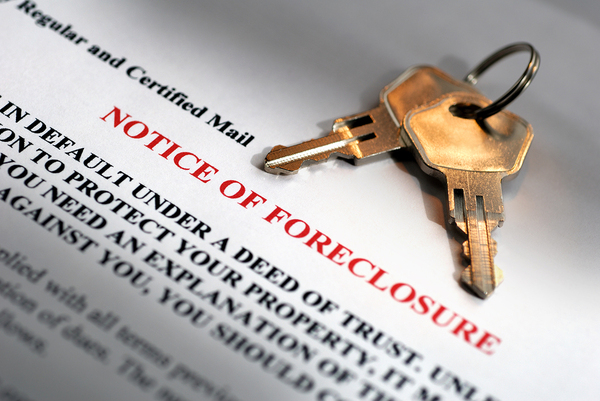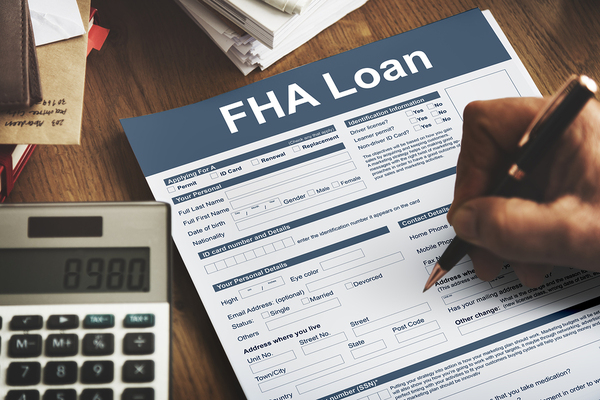EXCERPT:
According to a report from the FHA, selling distressed loans in the HUD's single-family sales program (SLFS) to private investors rather than being kept on lenders' books, has resulted in a decline in foreclosures.
 Selling distressed loans in HUD's single-family sales program to private investors can possibly help curb foreclosure.
Selling distressed loans in HUD's single-family sales program to private investors can possibly help curb foreclosure.
According to a new
report by the Federal Housing Administration (FHA), selling distressed loans can help decrease foreclosures.
The fact that roughly two-thirds of distressed loans in the US Department of Housing and Urban Development's (HUD) single-family sales program (SLFS) have reached resolution by selling to investors just might point to that possibility. Of these loans, 42 percent have managed to skirt foreclosure altogether. On average, distressed loans are approximately 28 months delinquent when sold to investors.
HUD - the parent agency of the FHA -
started selling distressed or non-performing loans to investors in 2010. Under the Distressed Asset Stabilization Program (DASP), the FHA may accept distressed loans from a servicer before a foreclosure, then sell such loans to private investors as non-performing loans.
Loans that are sold under this program are already very delinquent. Servicers of these loans must have tapped into every facet of the HUD loss mitigation process, which means these loans would otherwise be foreclosed upon.
Investors will reap the financial reward from seeking out an alternative to foreclosure, which meets both investors' and borrowers' best interests. Investors who buy these loans have many more options to pursue short sales and administer loan modifications, and can effectively reduce the loan's principal.
Servicers may consider other types of loss mitigation before reducing the principal, and can apply these modifications to at least some loans that are sold, which is not currently possible for loans that remain in HUD's portfolio.
 The FHA can accept distressed loans from servicers prior to foreclosure thanks to the DASP program.
The FHA can accept distressed loans from servicers prior to foreclosure thanks to the DASP program.
While there are various alternatives to foreclosure, the most common are short sales and deeds in lieu of foreclosure. One-third of distressed loans continue to remain in delinquency.
According to the Federal Housing Finance Agency (FHFA), foreclosures have dropped because fewer nonperforming loans (NPLs) were sold by Freddie Mac and Fannie Mae before 2015.
Thirty-one percent of the settled NPL sales from 2015 were resolved by mid-2016, and 16 percent of these avoided foreclosure.
Non-performing loans held with investors were able to hold off on foreclosure longer than distressed loans that were kept on the books and not sold off:
29 percent versus 19 percent, respectively. In addition, fewer of the distressed loans that were sold ended up being foreclosed. The fact that the loans sold were more delinquent and had a higher loan to value (LTV) ratio compared to those that weren't sold holds significant importance.
FHFA research points to the real possibility that loans from private investors fare better than distressed loans that are held on the books by financial institutions.
Loan Sale Advisors: Selling Distressed Loans in a Compliant Manner While Strengthening Loan Portfolios
The sale of distressed loans can help out government organizations, homeowners, and lenders alike; however, these programs must be set up appropriately in order to ensure optimal profitability and compliance to current regulations. Done properly, distressed loans sales can help to maintain property values, provide borrowers with more alternatives to foreclosure, and even slash the burden placed on the taxpayers.
At Garnet Capital, our seasoned team of loan sale advisors have executed countless distressed loan sales to help lenders optimize their loan portolfios.
To learn more about how Garnet can help in this highly specialized niche,
sign up for our newsletter today.






